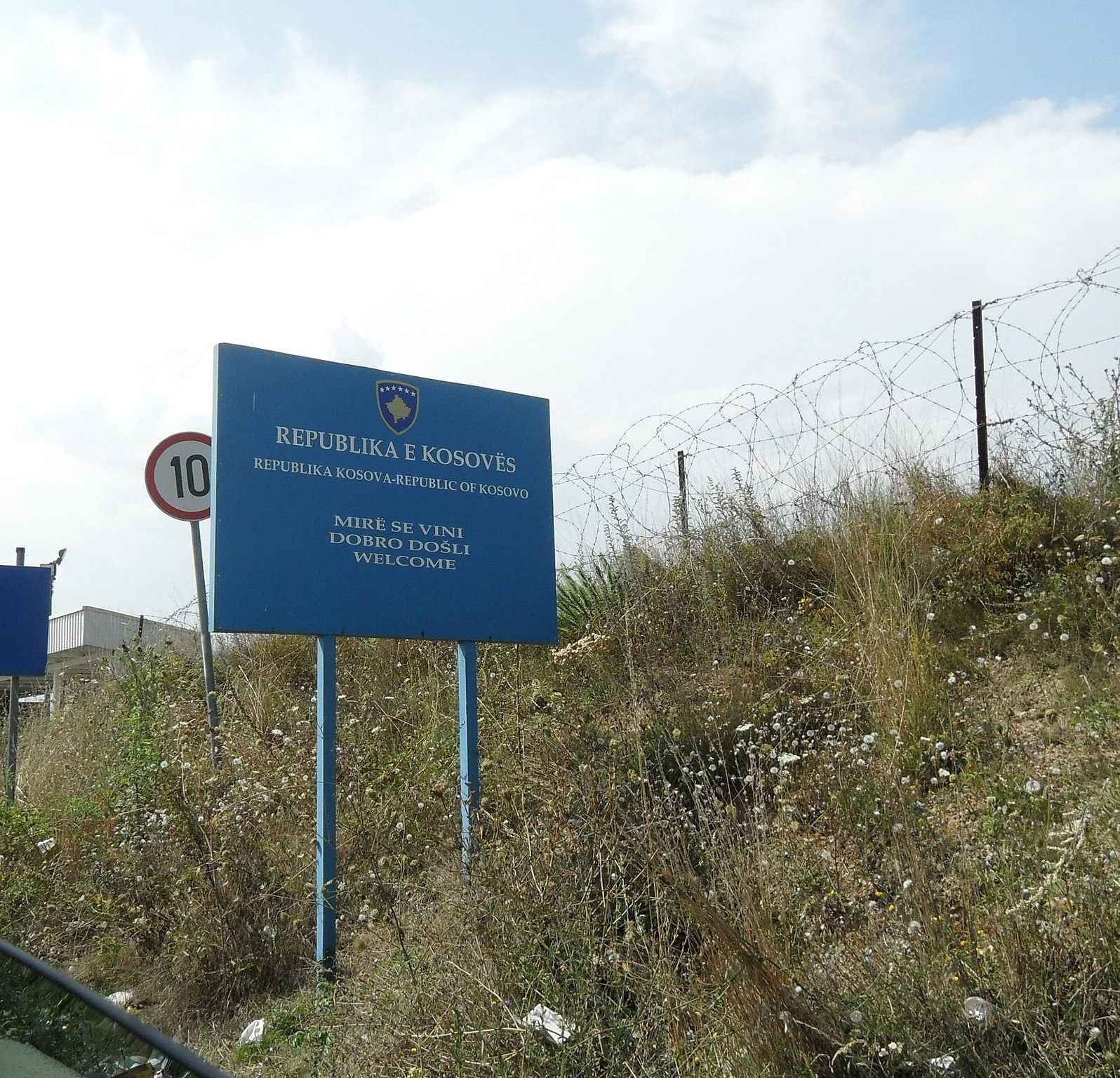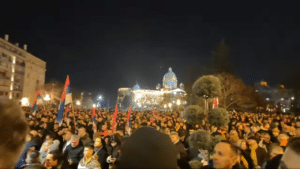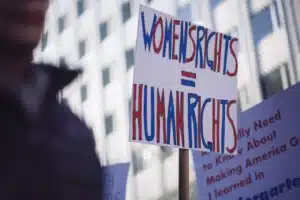The Serbia-Kosovo border at the E80 road (source: WikiMedia Commons)
On 26 April, Russian President Vladimir Putin met UN Secretary-General António Guterres in Moscow, where he compared the right to independence of the self-proclaimed republics of Donetsk and Luhansk like Kosovo. He said that “the only distinction is that the decision on Kosovo’s sovereignty was taken by Parliament, while in Crimea and Sevastopol the decision was taken by popular referendum.” Putin’s comment sparked major unrest in Serbian pro-Russian media.
Kosovo
Serbia lost power over its former southern region in 1999 when NATO instigated an operation to stop the conflict with ethnic Albanians in a counter-insurgency war. In 2008, Kosovo declared independence from Serbia. Belgrade does not recognize Kosovo’s independence, nor does Russia. The issue of Kosovo has been a big hurdle to Serbia in their bid to develop its candidacy to join the EU.
Putin’s comments
Comments on Kosovo from Russia, historically seen as an important ally to Serbia, are deemed important in Serbian society. Russian Kremlin-affiliated news agency TASS quoted Putin’s argument using Kosovo as an example: “the UN International Court of Justice on Kosovo stated that in exercising the right to self-determination, the territory of a state is not obliged to apply for permission to declare its sovereignty to the country’s central authorities.”
Putin also compares Kosovo to the Russian-instigated conflicts in South Ossetia, Abkhazia – saying “international law has set a precedent”. Serbia’s former ambassador to Belarus, Srecko Đukić, stated: “Putin actually said that he recognises the independence of Kosovo and everything that Kosovo did with its sponsors, certainly making it easier for Washington and the West to resolve it.”
Anger in Serbia
In Serbia, Putin’s comments are perceived as shocking, as it opens a window of opportunity for western powers to internationally pressurize Kosovo’s recognition. Pro-Russian tabloids reported “Putin stabs Serbia in the back, trades Kosovo for Donbas”, “world conflict over our backs, Putin is playing on Kosovo” and “Putin forgot Serbs and Kosovo because of his war”.
The Russian ambassador to Serbia, Bocan Harchenko, was quick to tone down Putin’s comments. He says that “there are no changes at all, Russia is consistent, does not recognize Kosovo, seeks the implementation of [UN] Resolution 1244, which remains, in our opinion and according to international law, the basis for regulating the issue of Kosovo,“ he told Insajder Television.
Sitting on three chairs
According to Srecko Đukić, “Serbia chooses a path oblivious to the interests of the great powers, sitting blindly on two or three chairs in the pursuit of what has turned out simply to be a policy of ‘sticking its head in the sand.”
Putin’s comments certainly problematize Serbian-Russian relations – which are already strained due to Russia’s invasion of Ukraine. Earlier, Serbia supported the UN General Assembly Resolution that condemned the Russian invasion. As the Kremlin turns the war in Ukraine develops into a gruesome and lengthy ordeal – Serbia’s pro-Russian and ‘multi-chair’ attitude will undoubtedly come under more pressure.
Sources: Balkan Insight Euractiv TASS Euronews Telegraf.rs
Photo: WikiMedia Commons



